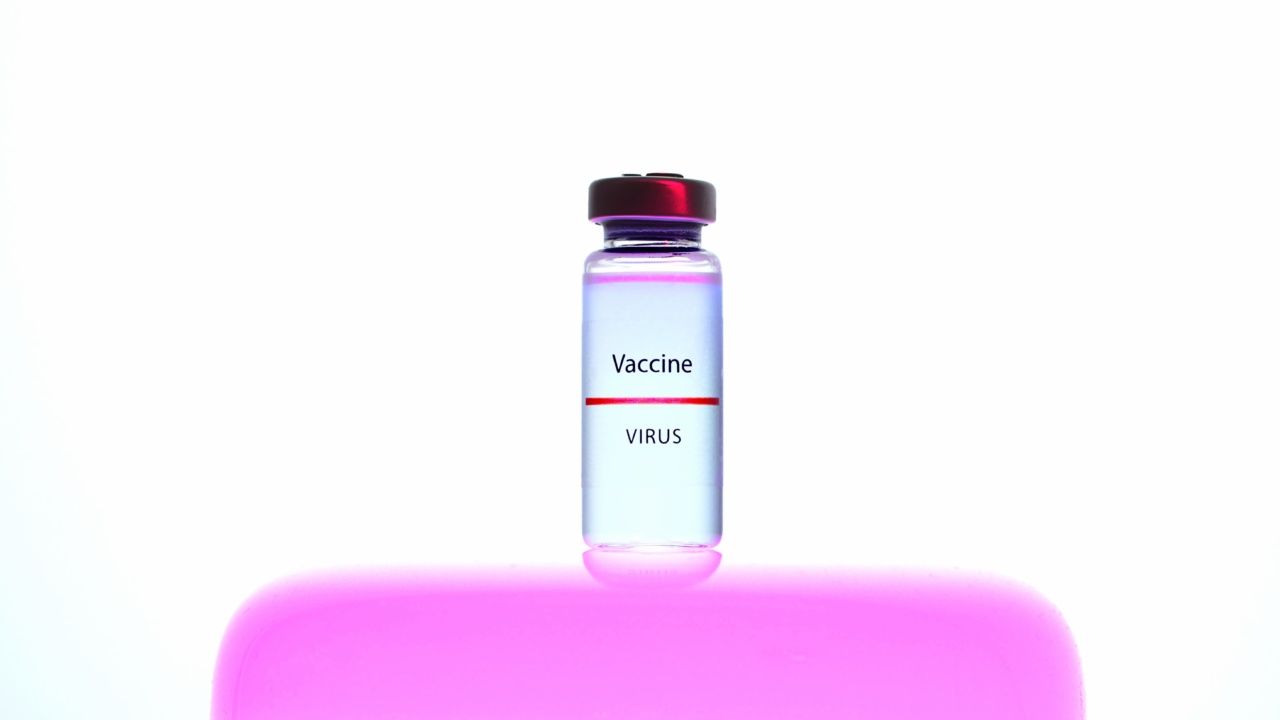Schizophrenia is a chronic and severe mental disorder that affects how a person thinks, feels, and behaves.
Although the exact cause of schizophrenia is still unknown, recent research has suggested that immune dysregulation may play a role in the development of schizophrenia.
What is Schizophrenia?
Schizophrenia is a mental illness that affects about 1% of the population worldwide. It usually begins in the late teenage years or early adulthood and lasts for a lifetime.
People with schizophrenia experience a range of symptoms, including hallucinations, delusions, disordered thinking, and behavior. These symptoms can be debilitating and affect many areas of a person’s life, including their social and occupational functioning.
The Immune System and Schizophrenia
The immune system is responsible for defending the body against foreign invaders, such as viruses and bacteria. It is also involved in many other processes, such as wound healing, tissue repair, and maintaining homeostasis.
Recent research has suggested that immune dysregulation may play a role in the development of schizophrenia.
Immune dysregulation refers to a dysfunction in the immune system that can result in either hyperactivity or hypoactivity of the immune response.
Several studies have found that people with schizophrenia have alterations in their immune function, including increased levels of pro-inflammatory cytokines and decreased levels of anti-inflammatory cytokines.
These cytokines are signaling molecules that are involved in the regulation of immune and inflammatory responses.
Pro-inflammatory cytokines are typically involved in the defense against infection and tissue damage, while anti-inflammatory cytokines are involved in the resolution of inflammation and tissue repair.
The Link Between Immune Dysfunction and Schizophrenia
The exact link between immune dysfunction and schizophrenia is still unclear, but there are several theories that have been proposed.
One theory suggests that an infection or inflammation during early brain development may lead to alterations in the immune system that increase the risk of developing schizophrenia.
Another theory suggests that the altered immune function in people with schizophrenia may be a result of the disease itself.
For example, the chronic stress and inflammation associated with schizophrenia may alter the immune system and increase the levels of pro-inflammatory cytokines.
Furthermore, the use of antipsychotic medication in the treatment of schizophrenia can also affect the immune system.
Some antipsychotic medications have been shown to increase the levels of pro-inflammatory cytokines, which may worsen the immune dysregulation in people with schizophrenia.
Treatment Implications
The link between immune dysfunction and schizophrenia has important implications for the treatment of the disease.
The use of anti-inflammatory drugs, such as aspirin or nonsteroidal anti-inflammatory drugs (NSAIDs), has been shown to reduce the symptoms of schizophrenia in some studies.
However, the use of anti-inflammatory drugs in the treatment of schizophrenia is still controversial, as some studies have shown no benefit or even negative effects of these drugs on the symptoms of schizophrenia.
Other treatment options, such as the use of probiotics or omega-3 fatty acids, have also been proposed as potential interventions for immune dysregulation in people with schizophrenia.
However, more research is needed to determine the effectiveness and safety of these interventions.
Conclusion
The link between immune dysfunction and schizophrenia is a promising area of research that may provide new insights into the causes and treatment of the disease.
Although the exact link between immune dysregulation and schizophrenia is still unclear, several studies have shown that alterations in immune function are associated with the disease.
Future research should focus on identifying the mechanisms underlying the link between immune dysfunction and schizophrenia, as well as developing new treatment options that target immune dysregulation.































